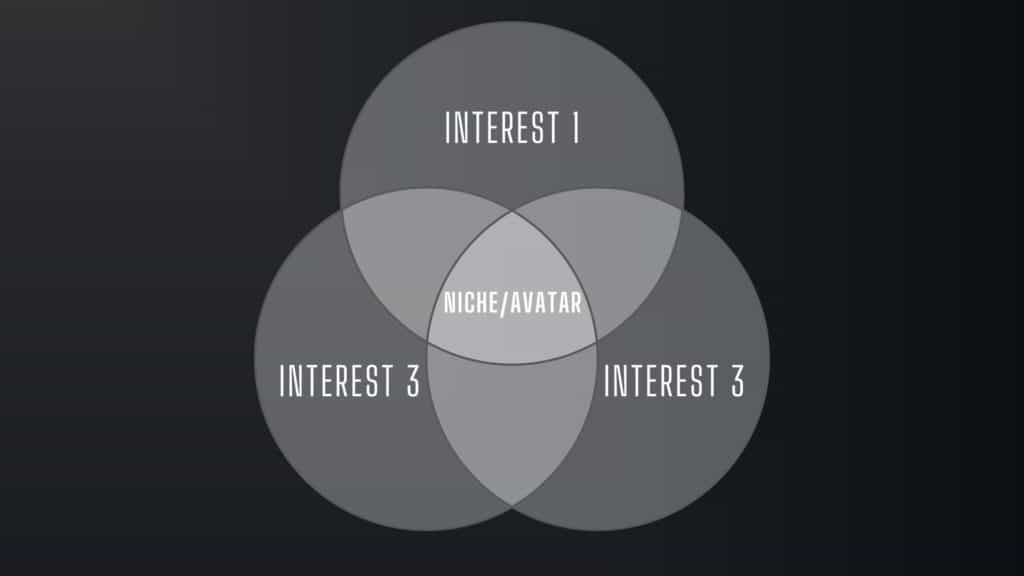
I've published 2 books and millions have read my online writing. This is my playbook.
This is the exact playbook I would follow if I had to do it all over again - and it would only take half the time.
I started a blog in 2018 and wrote in obscurity for months.
No one outside my family and friends knew I was writing online because I had assumed if I put out quality work, readers would find it.
I couldn't have been more wrong.
I'm 26 now, and since then I've written two books, I work at a global media outlet, and millions of readers have read my work online.
Today I'm sharing the playbook I would follow if I had to start over again.
I would advise my younger self to prioritize audience and social media just as much as the craft of writing.
Without an audience, good work can't get the attention it deserves.
Writers need readers
In today's world that means you have to leverage social media. You have to make yourself available on the platforms people already spend time on.
(A very small slice of your target audience spends time scrolling through blogs.)
New websites have to work extremely hard to attract organic traffic. You can spend time learning search-engine optimization and website marketing, which is what I did, but it's easier to put your effort into Twitter and LinkedIn.
Writers have an unfair advantage on these platforms. The right words are what get people to stop scrolling.
While optimizing your blog can eventually help juice your visitor numbers, it's a more technical process than simply leaning into platforms that already have algorithms meant for eyeballs.
Write once, publish over and over again
Mastery of digital writing means mastery of repurposing your own work.
When I first started, I would write lengthy, in-depth articles but I would move on immediately.
You can make your work go further by tweaking it to publish on different platforms. Today, when I write an article on my blog, I repurpose it multiple times.
I write something once, then I will:
Modify it to publish in my free weekly newsletter
Break it down into bite-sized pieces for a Twitter thread (like this one)
Summarize and shrink it for a LinkedIn post
And later, I plan to use articles as the foundation for scripts for YouTube videos and podcasts.
Writing is the foundation to every platform. Even TikTok creators need to map out their ideas and script out content. Repurposing your work for different platforms gives you more bang for your buck, and it opens the door to the widest possible audience.
Behind-the-scenes content is gold
Readers love a good story. But they also love insight into how a story is made. Think about blooper reels or deleted scenes for movies — people love those. Sharing this leads to a more intimate relationship between the audience and creator, as it adds a level of teaching to your work.
You can still work on your goals and present the end-product, but if you sharing the "how-to" of it all, you can easily double your output and idea generation.
For example, you can write about:
How you come up with stories
Your reading habits that make you a better writer
Personal philosophies on writing and work
How you set up your writing space
Programs you use to write or build online content
Courses you enjoy that help your process
Building an audience today is just as important as honing your craft as a writer. Think of your role as not just someone who produces great writing, but as someone who can guide the way for others to do the same.
Cement a vision
When I started my blog, I knew I wanted to write and become a full-time writer, but I wasn't sure why. I could have accelerated my progress if I had clarity on where I wanted to go.
A vision gives you purpose, and it makes the harder writing days easier.
These are the questions you should ask yourself regularly to help cement a vision:
Who’s my ideal reader?
How can I monetize a library of content?
Who can I connect with that’s already doing what I want to do?
What would my ideal day look in a dream scenario?
If you don't have a vision for yourself or your work, you won't know what to aim for.
The best way to achieve what you want is to start acting out your ideal before you get there. You have to force your future into the present.
Set a schedule for writing and building an audience
I supercharged my productivity and output when I set a daily, 30-minute writing block a few months after I launched my website.
This is what I would recommend to anyone who is serious about becoming a better writer.
But what I would also advise is to give as much focus to building your audience online. This could mean planning out a Twitter and LinkedIn strategy, collaborating with other writers, or getting your work placed in other newsletters.
Right now, for example, I'm only just starting to dedicate serious time to Twitter. I'm writing one deep-dive thread per day — this has the dual outcome of getting better at short-form writing, and also developing a new audience.
This goes back to what I said above: Good writing can't make an impact if no one knows it exists.
In my two book launches, I was able to leverage my Instagram and Facebook audiences for marketing and outreach. But I missed out on a huge number of potential readers on Twitter and LinkedIn.
Now I'm working diligently to make sure my next book (or product or courses) can reach as many people as possible, when the time comes.
Figure out your niche and audience avatar
Just as it's critical to establish a vision for yourself, you have to determine your ideal audience. The simplest way to do this is to think of one single person you would want to read your work.
This is your audience avatar: Someone who falls into your exact niche, shares your interests, and is following a similar journey as you.
Your niche can generally be found by building a three- or four-circle Venn Diagram.
Put your top interests in each circle, and the overlapping section in the middle is your unique niche.
Writing online means you have to prioritize both the craft of writing as well as building an audience.
This took me multiple years to figure out — don't make the same mistake.











